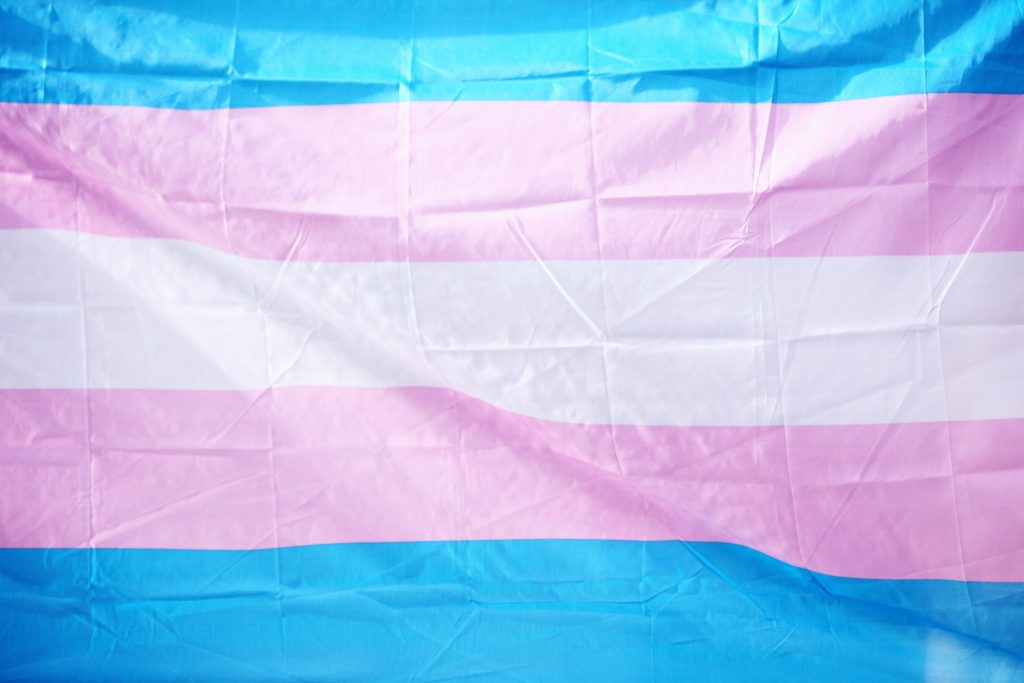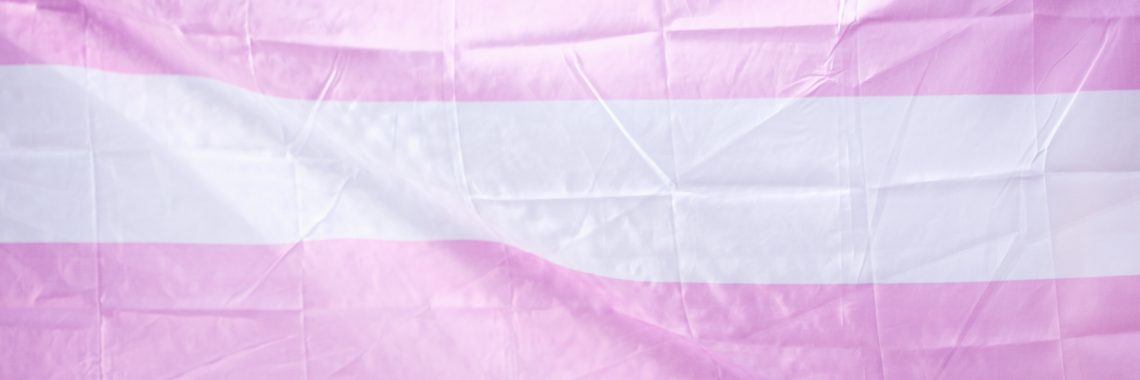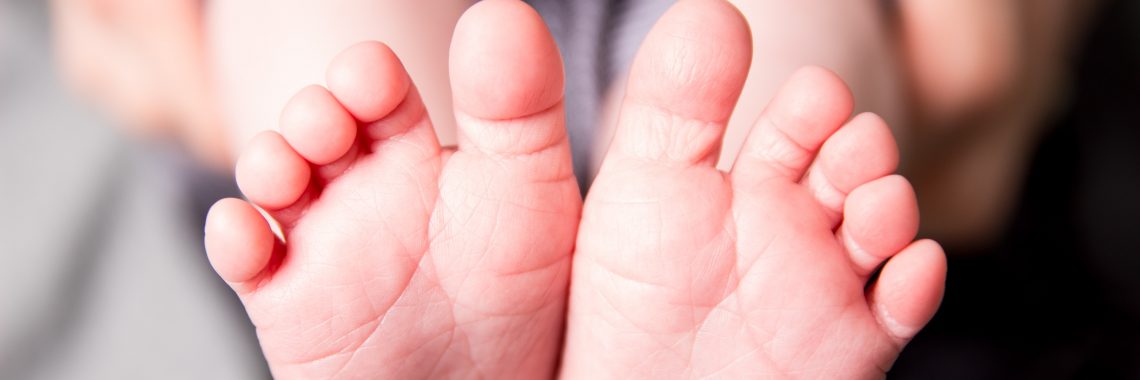More Evidence Arkansas Was Right to Pass the SAFE Act

On May 5, Sweden’s Karolinska Hospital announced it would no longer give puberty blockers and cross-sex hormones to children under the age of 16.
For children ages 16 – 18, the hospital’s new policy says, “treatment may only occur within the clinical trial settings approved by the EPM (Ethical Review Agency/Swedish Institutional Review Board). The patient must receive comprehensive information about potential risks of the treatment, and a careful assessment of the patient’s maturity level must be conducted to determine if the patient is capable of taking an informed stance on, and consenting to, the treatment.”
The policy also notes that giving puberty blockers and cross-sex hormones to children “should be regarded as experimental.”
In the U.S., the FDA has never approved puberty blockers and cross-sex hormones for the purpose of gender transition. Doctors do not know the long term effects puberty blockers and cross-sex hormones can have on kids.
That is why many people equate them with experimenting on children.
That’s also why earlier this year the Arkansas Legislature voted overwhelmingly to pass Act 626 (H.B. 1570), the Save Adolescents From Experimentation Act.
This good law by Rep. Robin Lundstrum (R – Springdale) and Sen. Alan Clark (R – Lonsdale) prohibits sex-reassignment procedures on children. The law also prevents funding of sex-reassignment procedures performed on children.
Act 626 will protect children in Arkansas from being subjected to surgeries and procedures that can leave them sterilized and permanently scarred.
The fact that one of Sweden’s leading hospitals is no longer giving puberty-blockers and cross-sex hormones to kids is just more evidence that Arkansas was right to pass the SAFE Act.





